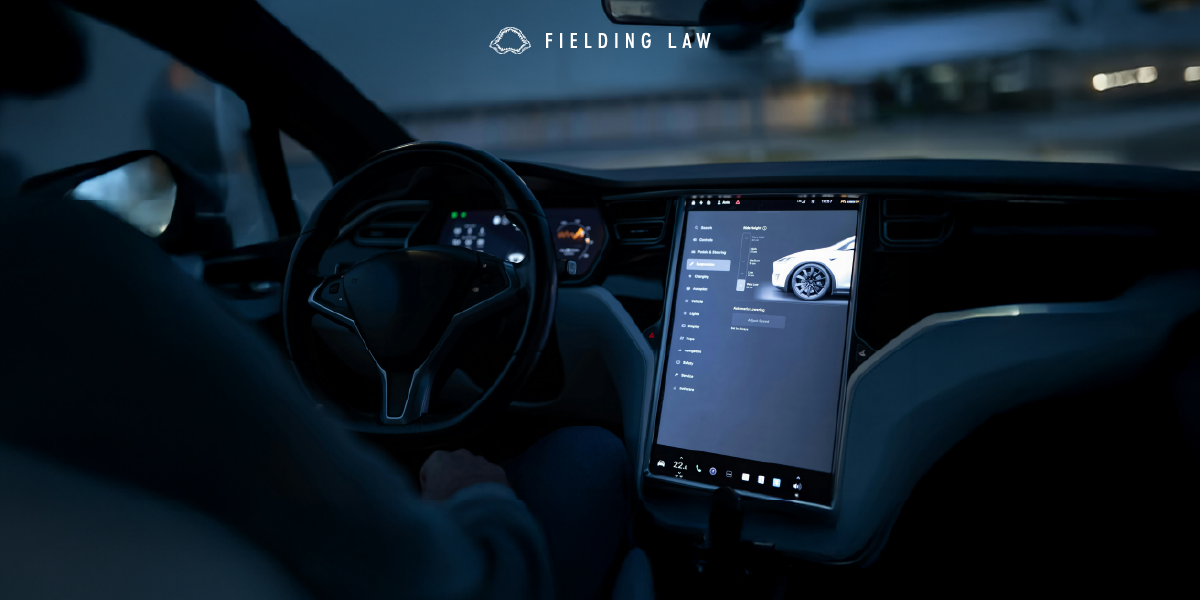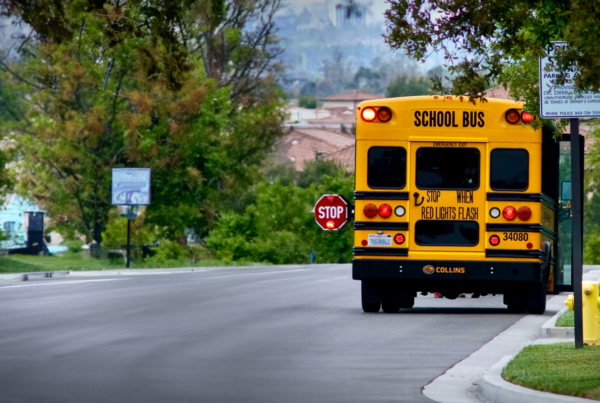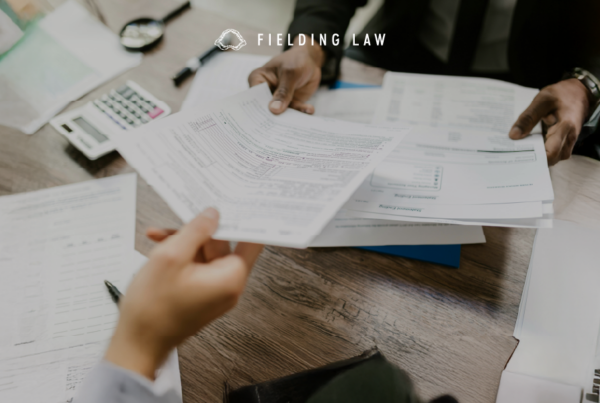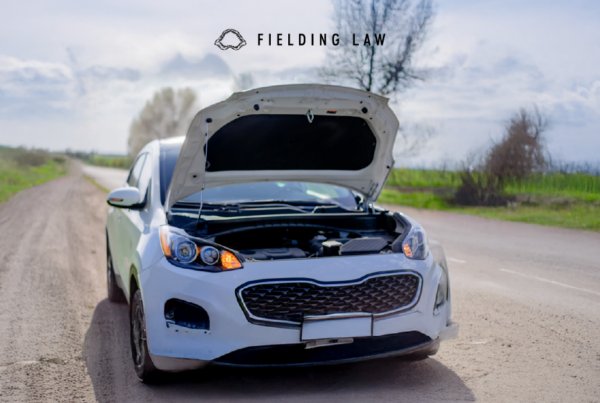As autonomous vehicles (AVs) become more prevalent on the roads, questions about legal responsibility in accidents involving self-driving technology are gaining attention. The National Highway Traffic Safety Administration (NHTSA) has launched investigations into Tesla’s “Full Self-Driving” software following multiple crashes, highlighting the legal complexities of these cases. Understanding liability, regulatory frameworks, and potential legal claims can help individuals navigate this evolving landscape.
Who Is Liable in Autonomous Vehicle Accidents?
Determining liability in AV accidents can be challenging, as multiple parties may share responsibility. Some key potential liable parties include:
- The Vehicle Manufacturer: If a defect in the self-driving software or hardware contributed to the crash, the manufacturer may be held liable under product liability laws.
- The Human Driver: Many AVs still require human supervision. If a driver failed to intervene appropriately, they might be responsible for the accident.
- Software Developers: If flaws in the AV’s artificial intelligence or software updates caused the crash, the developers could be at fault.
- Government and Regulatory Bodies: In some cases, failures in infrastructure, traffic signals, or regulations might contribute to an accident, raising questions of government liability.
Legal Challenges in AV Accidents
Autonomous vehicle accidents present unique legal challenges, including:
- Proving Fault: Traditional auto accident claims rely on driver negligence, but AV incidents may involve complex software malfunctions and AI decision-making.
- Insurance Considerations: Insurance policies may need to adapt to determine coverage for AV-related crashes, especially when human intervention is minimal.
- State and Federal Regulations: Laws regarding AV liability vary by state, and federal guidelines continue to evolve as technology advances.
- Data and Evidence: AVs collect vast amounts of data, which can be used in legal claims. However, accessing and interpreting this data can be complex.
What Should You Do After an Autonomous Vehicle Accident?
If you are involved in an accident with an AV, consider taking the following steps:
- Seek Medical Attention: Your health and safety should always be the top priority.
- Document the Scene: Take photos, collect witness statements, and gather any available data from the vehicle.
- Report the Accident: Notify law enforcement and obtain an official accident report.
- Contact Fielding Law: Given the complexities of AV accidents, consulting an autonomous vehicle accident attorney can help protect your rights and explore legal options.
Why Hire Fielding Law?
At Fielding Law, we understand the complexities of personal injury cases involving cutting-edge technology. Our team is committed to advocating for accident victims and ensuring they receive the compensation they deserve. If you have been involved in an autonomous vehicle accident, contact Fielding Law today at 833.88.SHARK to discuss your case.
Note: Information provided is for educational purposes and does not constitute legal advice. Always consult with a qualified attorney for legal concerns.





